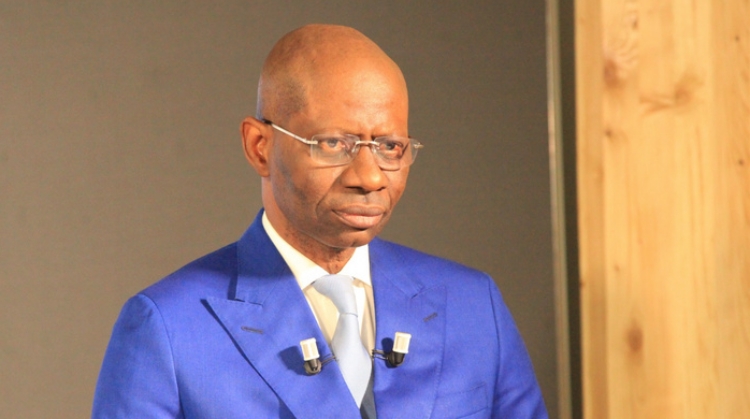Gambiaj.com – (DAKAR, Senegal) – A high-level Senegalese government delegation, led by Minister and Secretary-General of the Government Boubacar Camara and Deputy Secretary-General Cheikh Dieng, has recently held a series of meetings with French officials in Paris, to prepare discussions on upcoming institutional reforms under the “Sénégal 2050” development framework.
The culmination will be an intergovernmental seminar between France and Senegal, where Ousmane Sonko will meet with the French prime minister.
According to the French Embassy in Dakar, the visit focused on “co-construction and co-development,” with exchanges on governance, strategic planning, and public sector innovation.
The mission met with senior French officials from the Conseil d’État, the General Secretariat of the French Government, the Ministry of Economy and Finance, the French Development Agency (AFD), and the General Secretariat for Investment.
The trip is described as a decisive step ahead of the next Intergovernmental Seminar (SIG), where the prime ministers of both countries are expected to “redefine the contours” of Franco-Senegalese relations. No date or location for the SIG has been announced.
When Sovereignism Meets Realpolitik and Strategic Priority
The visit comes at a politically sensitive moment for President Bassirou Diomaye Faye’s Pastef-led administration, which has built a strong domestic brand around sovereignism, emphasizing reduced dependency on former colonial powers and promoting pan-African self-reliance.
Prime Minister Ousmane Sonko has repeatedly framed France’s role in Africa as needing a fundamental recalibration, calling for “relations of equals” rather than paternalistic partnerships.
However, this Paris mission underscores the pragmatic side of the regime’s diplomacy.
While Pastef’s political messaging often leans towards distancing Senegal from French influence, the operational reality of state reform appears to draw heavily on French administrative expertise and financing channels, notably through the AFD.
The Sénégal 2050 framework aims to overhaul governance, strengthen policy planning, and modernize public service delivery.
Engaging with French institutions could provide technical know-how for these reforms, but it also risks fueling opposition narratives that Pastef’s sovereignty rhetoric is being diluted by entrenched economic and institutional ties.
Analysts say the balancing act will be a recurring feature of the Pastef era—leveraging historical partnerships to achieve reforms while sustaining a nationalist political message at home.
The upcoming intergovernmental seminar with France will serve as a key test of whether this dual-track approach can deliver both policy gains and political credibility.










